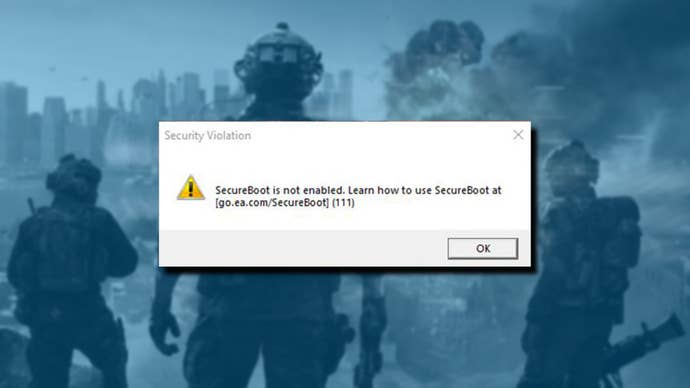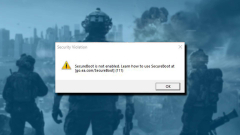
The Battlefield 6 open betas proved exceptionally popular earlier this month for many, but a significant portion of the PC playerbase were met with a daunting wall to play thanks to the game’s Secure Boot requirement. This technical hurdle is in place for the game’s anti-cheat, a kernel-level bit of software dedicated to curbing a rising cheating problem across online FPS games.
Alas, the Battlefield 6 beta still had a few cheaters running around and ruining things for their fellow players. To find out more about whether Battlefield 6’s Javalin anti-cheat was successful in the eyes of EA, Eurogamer sat down to talk to Battlefield 6 technical director Christian Buhl. Buhl would express pride at the anti-cheat team’s work, sadness for those unable to play due to the Secure Boot requirement, and resigned to him and his peer’s fate in the endless battle against cheaters.
“We were pretty happy with how the anti-cheat performed,” Buhl beamed when asked how he felt the anti-cheat held up during the betas. “Obviously I’ll say we can never be perfect, anti-cheat is always a cat-and-mouse game where we’re constantly going back and forth and keeping on top of what the cheaters are doing. But from the beginning this was something we put a high priority on, so when we launch this game we have a really strong anti-cheat program in place.”
Buhl would elaborate by sharing that Battlefield 6 had two anti-cheat teams working on the game, in what he described as a “pretty massive investment” by EA. There’s the EA anti-cheat team that built the Javalin anti-cheat team, as well as the Battlefield 6 anti-cheat team that focused on “integrating EA’s technology as well as monitoring





